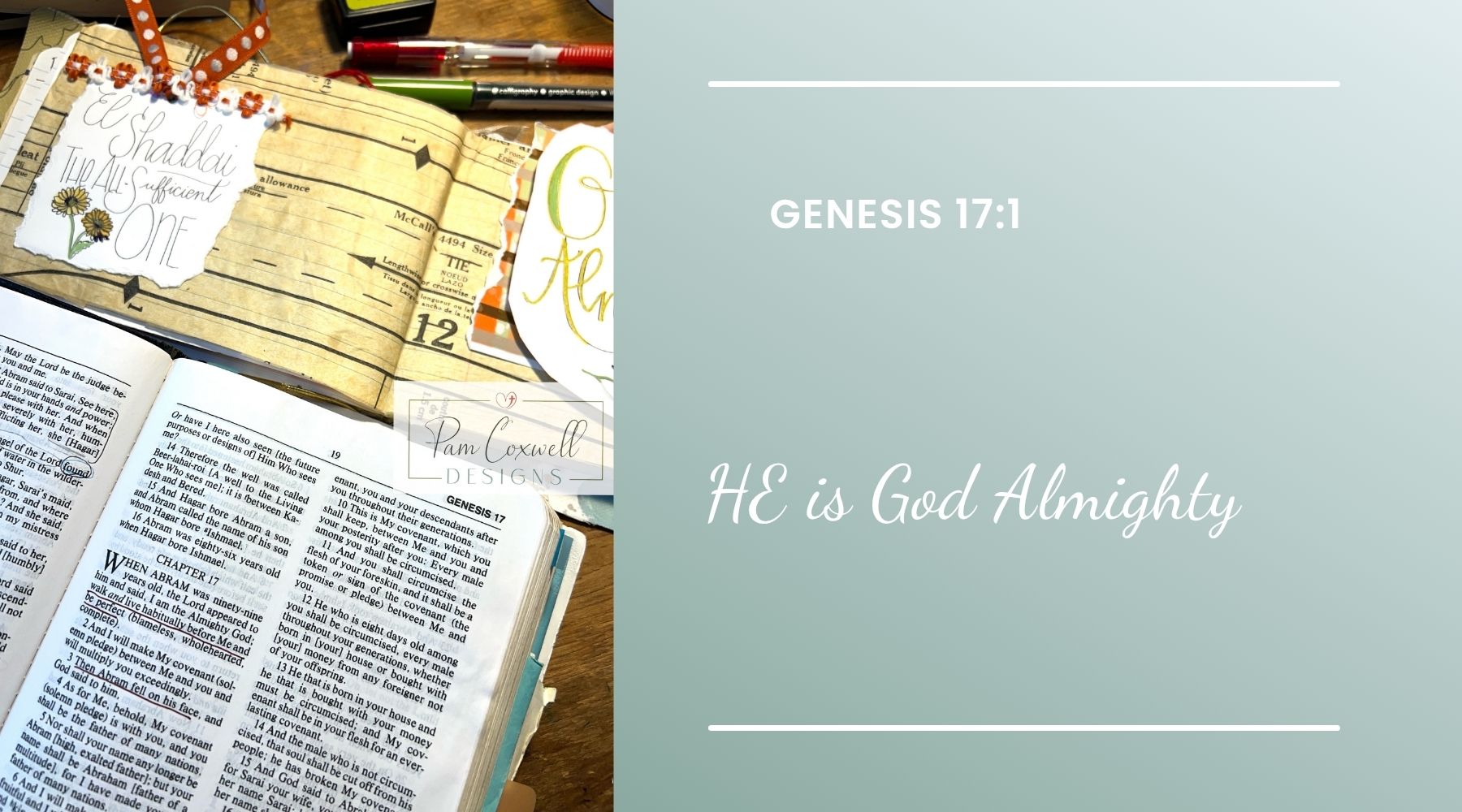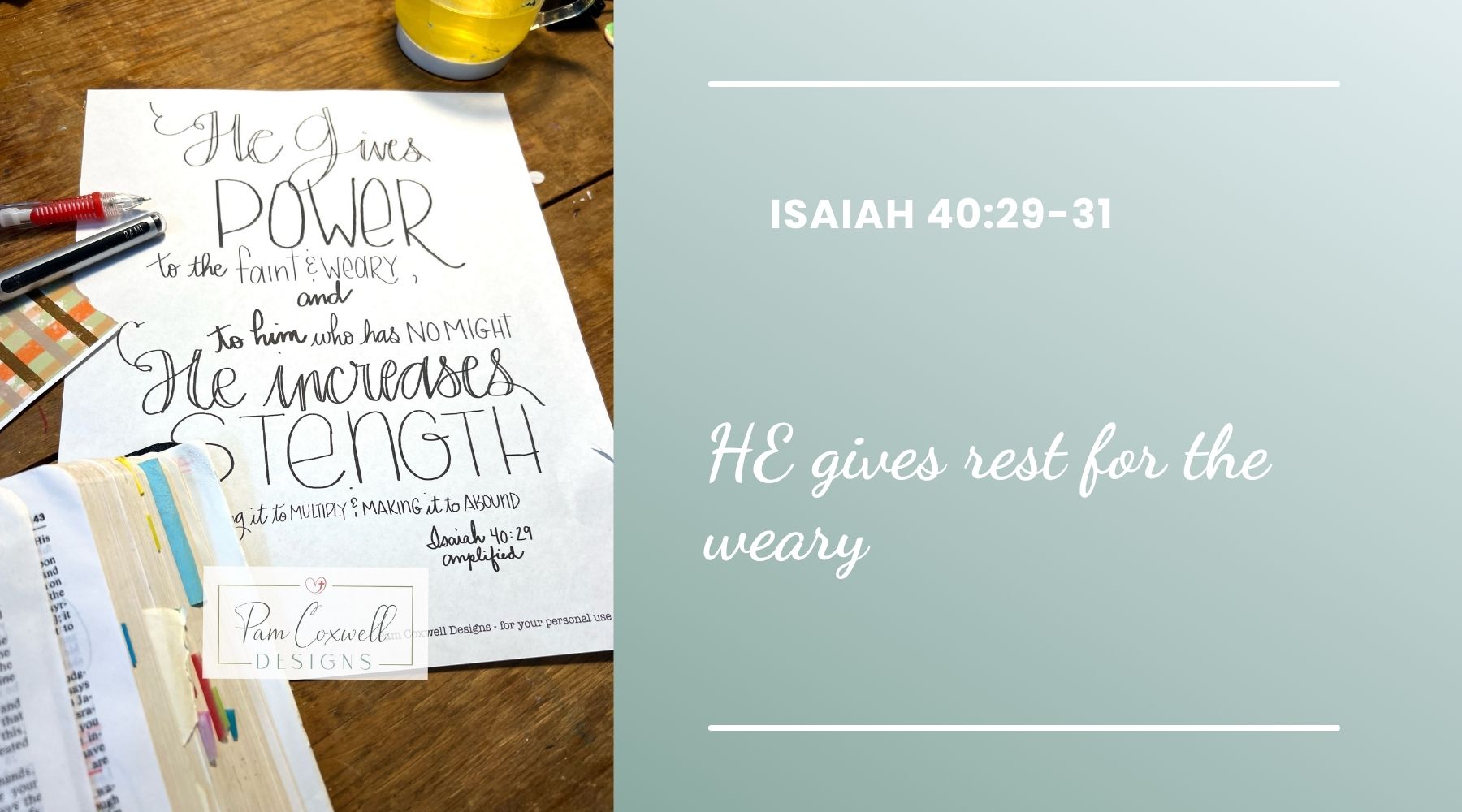El Shaddai: The All-Sufficient God Who Meets Every Need

When God revealed Himself to Abraham in Genesis 17:1, He said:
“I am God Almighty (El Shaddai); walk before Me, and be blameless.”
Abraham was 99 years old, long past the natural ability to father a child. Yet God appeared with this powerful name: El Shaddai — God Almighty, The All-Sufficient One.
This name carries deep meaning. El is the word for “God,” while Shaddai is often translated “Almighty” or “All-Sufficient.” Some scholars even connect the root to “nourishment” or “fullness,” pointing to a God who not only has ultimate power but also provides for every need.
El Shaddai in Scripture
In Jewish tradition, El Shaddai is a name that emphasizes God’s sufficiency. He is enough. His promises rest not on human strength, but on His unfailing power and provision.
For Abraham, this name came at the moment when everything looked impossible. El Shaddai reminded him: the promise of a son was not about Abraham’s ability, but God’s sufficiency.

From Self-Reliance to Christ-Reliance
Kay Arthur, in Lord, I Want to Know You, writes that this name invites us to stop trying to solve everything in our own strength and instead let Almighty God work for us.
The Believer’s Bible Commentary echoes this: “God’s words to Abram in verse 1 may have been a veiled way of saying that he should stop trying to work things out in his own strength and let Almighty God work for him.”
Journaling Prompt: Releasing Self-Sufficiency
-
Make a list of the areas of your life you’ve been trying to “work out” in your own strength.
-
Offer them to God in prayer.
-
At the top of your page, write El Shaddai in bold, bright letters as a reminder that God is more than enough.
When we release our striving and embrace God as El Shaddai, we experience the peace and freedom of His sufficiency.
This week, let’s lean into the truth that El Shaddai is enough. Journal His name, meditate on Genesis 17:1, and let His all-sufficiency shape your prayers and worship.






Leave a comment